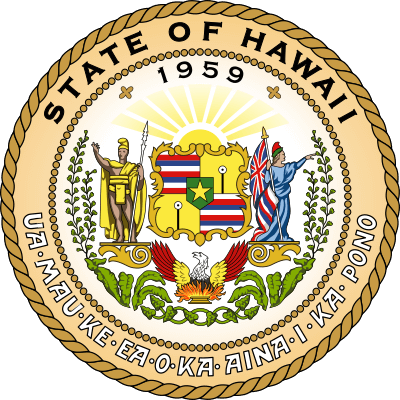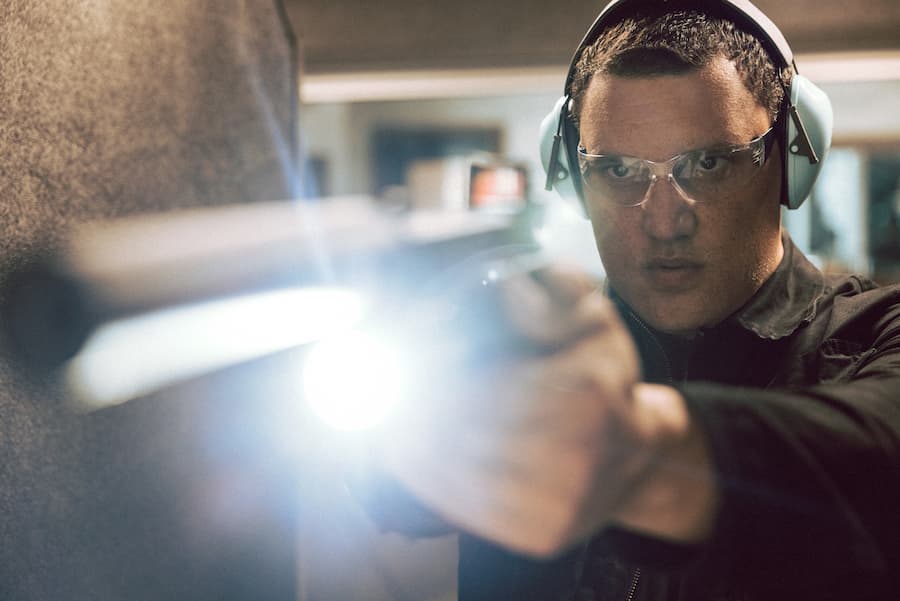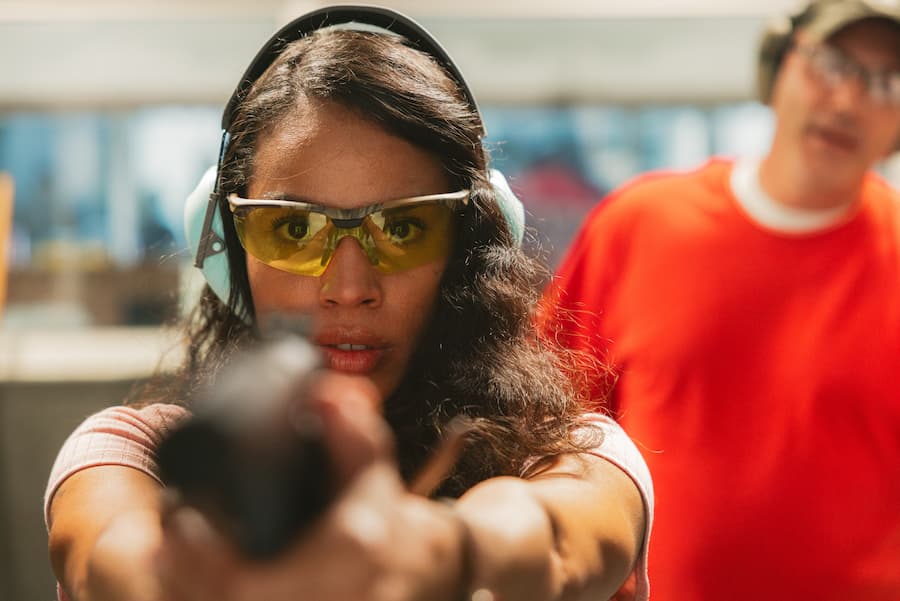Becoming a responsible firearm owner relies on a clear understanding of the gun rights and state laws that apply to you as a Hawaii resident. The population of Hawaii is just 1.4 million, and the state has an extremely strict policy on distributing concealed carry weapon permits (CCWs). Only 0.02% of Hawaii’s population are licensed for concealed carry, which equates to around 281 people as of September 2021.
The minimum age to concealed carry in Hawaii is 21, and the license is only valid for a year. Understanding how your gun rights translate across state lines (also known as reciprocity) is an important aspect of Hawaii concealed carry. Hawaii reciprocity agreements exist with 26 states but does not honor licenses or permits from any other state.
Those interested in obtaining a Hawaii CCW need an education partner they can trust. Concealed Coalition has trained over a million U.S. citizens on how to carry their weapons safely and effectively. Contact us to find online or local training to get your Hawaii CCW.



